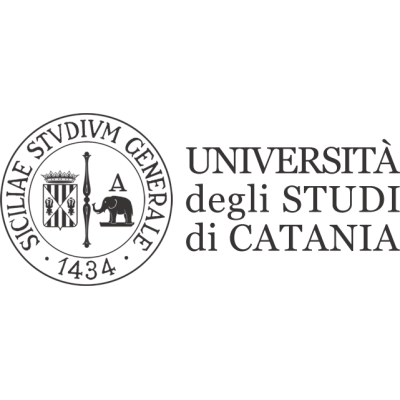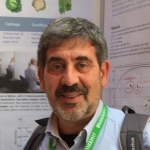University of Catania
Italy

There are about 45,000 students enrolled at the University of Catania (UNICT), the oldest of Sicily, of which foundation dates back to 1434. The organisation of the teaching is handled today by 17 departments, by the Faculty of Medicine, and by two special didactic units established in the decentralised offices of Ragusa (Modern Languages) and Syracuse (Architecture). The University of Catania is a public institution with a strong and ever growing international orientation and community. Its main goal is to provide international students with a stimulating learning environment, and to offer them an international dimension based on excellence and innovation, both key elements of the educational experience. UNICT has intense collaboration with many research organisations (National Research Council, National Institute for Nuclear Physics) and enterprises (St-Microelectronics, AID, CONPHEBUS, SIFI, Fort Dodge, Wyeth-Leader, Southern Plant, etc.), supporting research projects and scientific activities.
The Department of Agriculture, Food and Environmental Food Sciences (Di3A) consists of multidisciplinary groups of researchers dealing with sustainable use and management of both natural and agro-ecosystems. Main research areas include agro-ecosystem management and agri-food economics, plant and food biotechnology, plant pathology, applied entomology, building and land engineering, hydraulics and watershed protection, resource evaluation and environmental economics.
Role of University of Catania in BRESOV
As BRESOV coordinator, the University of Catania (UNICT) will be responsible for the overall monitoring and coordination of any scientific, technical, dissemination as well as exploitation related activities at consortium level. Moreover, UNICT will participate in the scientific research in WP2 and WP3 in the frame of the Brassica crop group with the foreseen pre-breeding and breeding activities, both in open fields and laboratories. UNICT will take care also of the determination of the optimal agronomic conditions for organic seed production and of the evaluation of alternative seed treatments to the use of chemical ones to control sanitary quality of seed lots under WP4. Thanks to the expertise of the Department of Agriculture, Food and Environmental Sciences in socio economics assessment, UNICT will also lead the Task related to the socio-economical study on the influence of crop rotation on crop performance.
